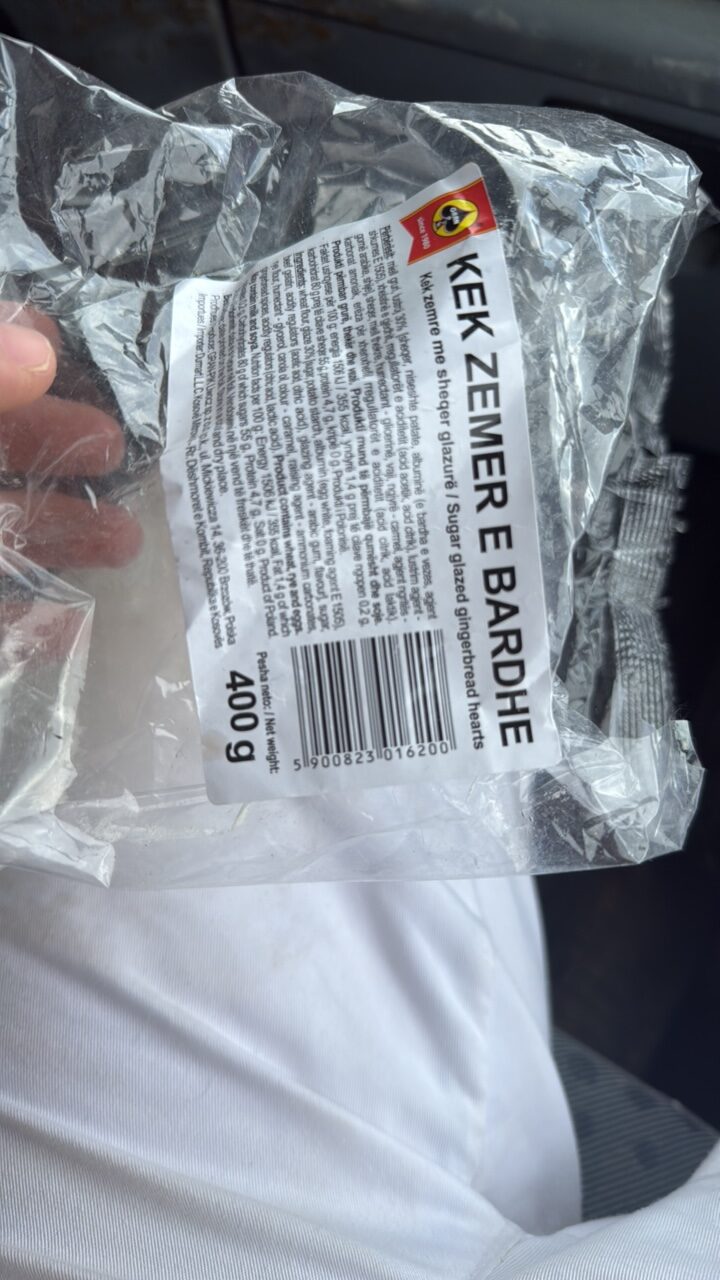
Barcode: 289355916499
unknown
DOUBTFUL
📝 Reason: The product contains several ingredients with doubtful Halal status due to lack of certification or unclear sourcing. Islamic dietary laws require clear evidence of Halal compliance for all ingredients, especially those of animal origin or processed with potential Haram substances. Quran 5:3 outlines prohibited foods, emphasizing the importance of Halal certification.
📄 Certificates: None
Ingredients:
Details
Exploring the Halal Status of the Unknown Product
Halal certification holds great importance for Muslims around the world, ensuring that food and products align with Islamic teachings. When it comes to the unknown product, its Halal status raises concerns as it has been classified as DOUBTFUL. This uncertain classification primarily stems from the presence of various ingredients, some of which do not have clear Halal certification. In this post, we’ll dive deep into the components of this product to ascertain its compliance with Halal dietary laws.
Understanding the Ingredients
This product contains several ingredients that warrant careful scrutiny:
- Foaming Agent E 1505 – Classified as Doubtful due to the lack of clear Halal certification. As with many additives, the source of this agent is crucial in determining its suitability for Halal consumption.
- Beef Gelatin – Also marked as Doubtful, beef gelatin can pose significant concerns as it is derived from animal sources, which require strict Halal certification. The absence of proof regarding its Halal status makes it an ingredient to avoid.
- Arabic Gum – This ingredient is generally considered Halal. It is a natural gum made from the sap of acacia trees and does not typically raise concerns.
- Glycerol – The status of glycerol is Doubtful due to its potential animal origin, which may not comply with Halal standards without proper certification.
- Caramel – This ingredient’s Halal status is Doubtful as it can be derived from non-Halal sources, and thus, its certification must be verified.
- Ammonium Carbonates – Generally considered Halal, ammonium carbonates are commonly used as leavening agents in baking and do not typically pose concerns.
- Lactic Acid – The Halal status of lactic acid remains Doubtful due to potential fermentation sources that may include non-Halal parameters.
The Importance of Halal Certification
Islamic dietary laws, elaborated in the Quran (5:3), emphasize the importance of consuming only Halal food. This includes all ingredients in a product, particularly those derived from animals or processed with substances that could be Haram (forbidden). The absence of appropriate certificates for the ingredients in the unknown product causes concern among consumers seeking assurance in their dietary choices.
Conclusion: Ensuring Compliance
In summary, the unknown product cannot be confidently labeled as Halal due to the presence of multiple ingredients classified as Doubtful. Many ingredients not only require Halal certification but also transparent sourcing to affirm their compliance with Islamic laws. If you are considering this product, it is advisable to seek products with verifiable Halal certification to ensure your dietary practices align with your faith.
In the quest for Halal, choosing products with clear, trusted certification can significantly mitigate any doubts regarding compliance. Stay educated and informed, so your choices uphold your values and beliefs.

